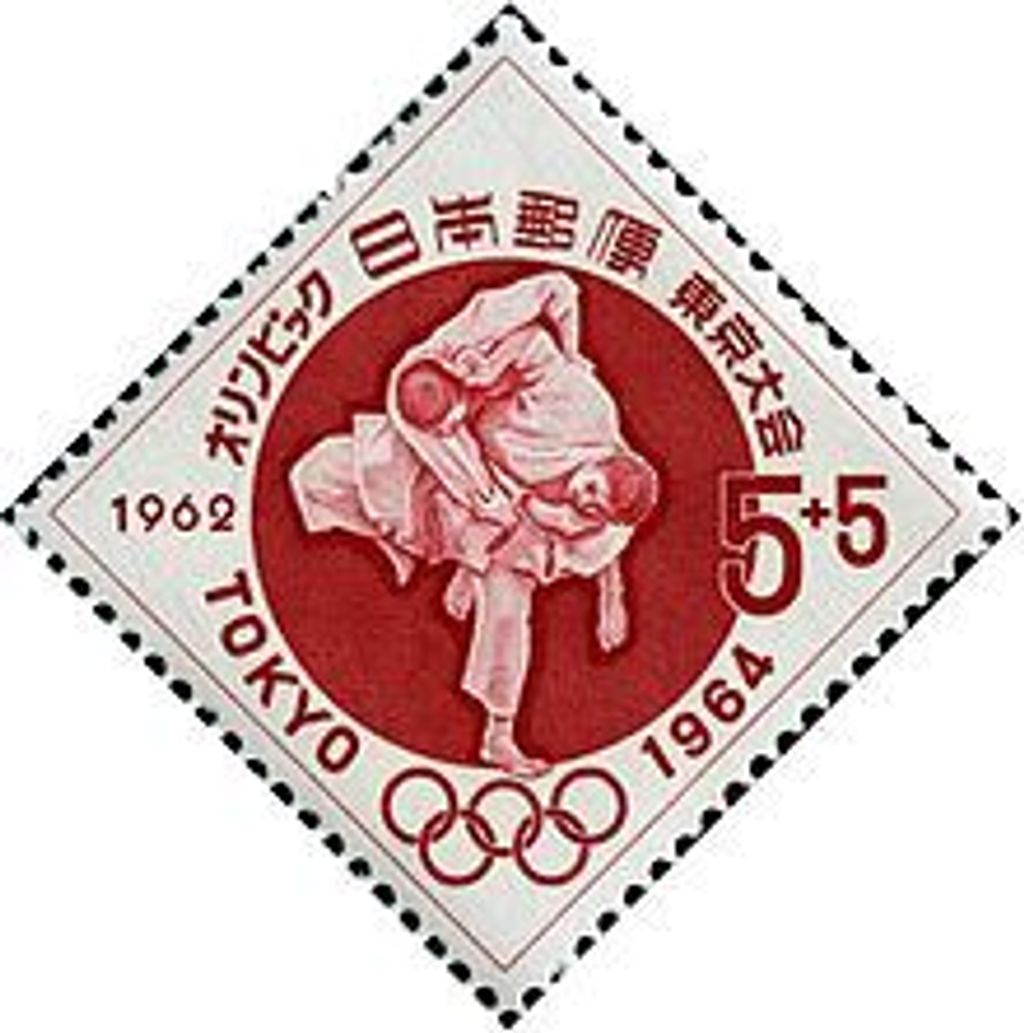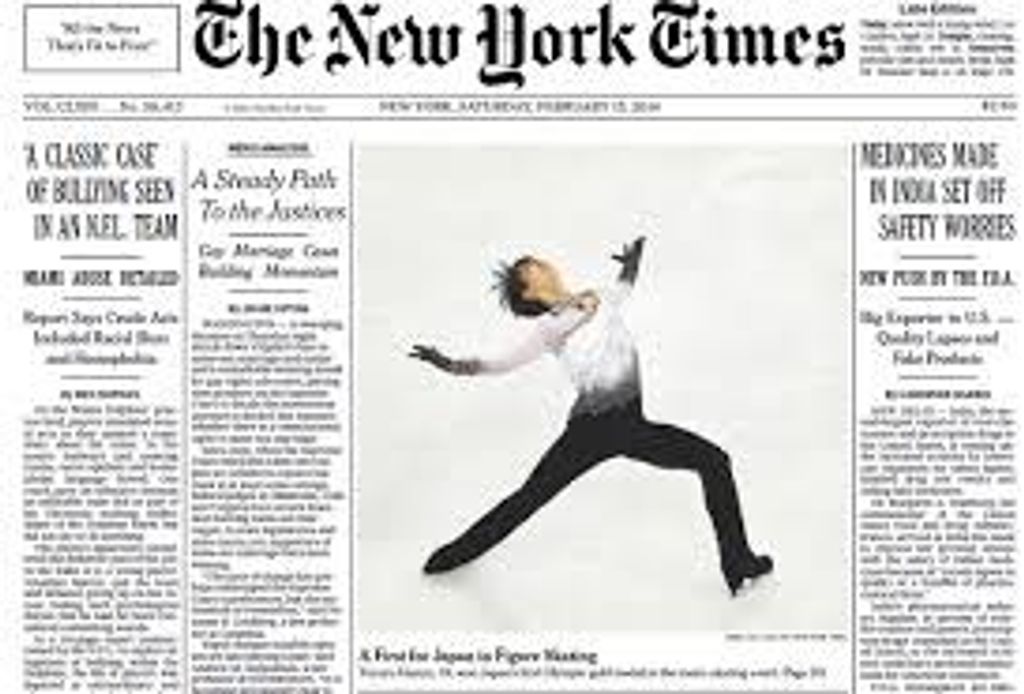TOKYO, 20 Oct - They have had their moments in the Olympic Games in volleyball and team gymnastics, and a near miss in baseball - but on the list of global achievers in Japanese sporting history, teams are put in the shade by individuals.
The Brave Blossoms' sensational run to the knockout stages for the first time, their move up to sixth in the world rankings, and their determination to keep going for that next win when they had already overachieved, put them up there with some of the nation's sporting greats.
There are stellar names from Japan in tennis, golf, judo, figure skating, boxing and wrestling. The biggest name of all is a team man who is revered as an individual, in a similar manner to football's Cristiano Ronaldo.
He is Ichiro Suzuki, known simply as Ichiro, a record-breaking baseball hitter who retired this year, aged 44. During his 28 seasons in the sport in the United States and Japan, Ichiro, below, registered more hits than any player in the history of baseball - which is by some distance the most popular spectator sport in Japan.
Twice during his career Ichiro helped Japan to win the World Baseball Classic, in 2006 and 2009, though it would be a stretch to call that a major global competition.
When a team of amateur players represented Japan at the Atlanta 1996 Olympic Games they were within one win of a famous triumph. But, after defeating the hosts, they lost 13-9 in the final to Cuba.
"It would have been nice to win the gold medal but the way the team came together toward the end of the tournament was satisfaction enough," said Nobuhiko Matsunaka, one of the team's big hitters.
Similar sentiments were expressed by the national football team, the Samurai Blue, after they reached the knockout stages of the World Cup for the first time, as co-hosts in 2002 with the Republic of Korea. Japan, unbeaten and top of their group, lost to Turkey in the round of 16 and have never been beyond that stage. Their captain admitted that they celebrated too soon and thought they had reached their target merely by qualifying.
There was never any danger of the Brave Blossoms adopting such an attitude, as their captain Michael Leitch pointed out: keep going, we are not finished yet, was his constant message.
An example of that attitude came at the 1976 Olympic Games in Montreal when gymnast Shun Fujimoto broke his knee in the floor exercises of the team event. He carried on in extreme pain, on the pommel horse and the rings, landing in his dismount on a broken knee. He raised his arms and collapsed in agony, having worsened his injury by dislocating his kneecap and tearing ligaments.
"I did not want to let the team down," he said later. He did not: Japan won gold.
The doctor who examined Fujimoto told Sports Illustrated: "How he managed to do somersaults and twists and land without collapsing in screams is beyond my comprehension."
The most popular team success was arguably the 1964 women's volleyball Olympic final, which was watched on television by more than two thirds of the population. Japan won again at Montreal 1976, 10 days after Fujimoto's heroics, and the men's team won gold in 1972.
The 1964 Tokyo Games were the first to feature judo, which, like sumo - the national sport - has a special place in Japanese culture. Judo was created by the revered Jigoro Kano in the 1880s and later became the first Japanese martial art to gain global recognition and, eventually, Olympic status.
The first Olympic gold medallist in judo was Takehide Nakatani, who spent only nine minutes on the mat in the entire competition. Japan won three of the four gold medals on offer.

Other Japanese individual achievers at a global level include:
Naomi Osaka - tennis
Osaka has just delighted her innumerable Japanese fans by confirming she will represent them at next year's Olympic Games. She he was born in Japan to a Haitian father and Japanese mother but could have opted for the US, where she has lived since she was three. Osaka, 22, is not only the first Asian player to be ranked world No.1 but won back-to-back Grand Slams. Li Na (China) and Kei Nishikori (Japan) blazed a trail for Asia, but beating Serena Williams in last year's US Open final lifted Osaka to a more exalted level. She showed it was no fluke by winning the Australian Open in January.
Yuzuru Hanyu - figure skating
Figure skating was the third most popular sport for Japanese TV viewers behind baseball and football in 2018. Maybe rugby will have something to say about that this year. Hanyu, still only 24, the two-time Olympic and world champion, has broken world records 18 times. Like Ichiro, he has a People's Honour Award. No Japanese figure skater had won Olympic gold until Shizuka Arakawa, one of Japan's greatest female athletes, did so in 2006. Previously, Midori Ito, the first figure skater outside Europe and North America to become world champion when she won the title in 1989, took Olympic silver in 1992 in Albertville, France.

Kaori Icho - wrestling
The only woman to have won four consecutive individual Olympic gold medals in the same discipline (2004-16), this freestyle wrestler is a 10-time world champion and, remarkably, remained unbeaten between 2003 and 2016. She was given the People's Honour Award by Prime Minister Shinzo Abe.
Hinako Shibuno - golf
Japan has had its fair share of top male golfers, including the perpetually smiling Shigeki Maruyama, Masashi 'Jumbo' Ozaki and Isao Aoki. None has done better in a major than Aoki's second-place finish at the US Open in 1980, though Hideki Matsuyama ran him close two years ago, tying for second place in the same major. Perhaps no one told Hinako Shibuno. In her first tournament outside Japan, she won this year's Women's British Open at Woburn, aged just 20. Now, over to the Japanese men...
Masahiko 'Fighting' Harada - boxing
Back in the days when boxing had just one world title per weight division, Harada won the flyweight championship in 1962 aged just 19, to become Japan's second world champion. Described as an "aggressive, volume-punching whirlwind", you could say he fought the way the Brave Blossoms play rugby. He moved up a weight division after his flyweight triumph to claim the bantamweight title, making him the first boxer to win both world titles. His attempt at featherweight glory fell just short and he retired as his country's greatest boxer. He is a former chairman of the Japan Pro Boxing Association.
RNS mj/djk/rl/ns/bo/pp
